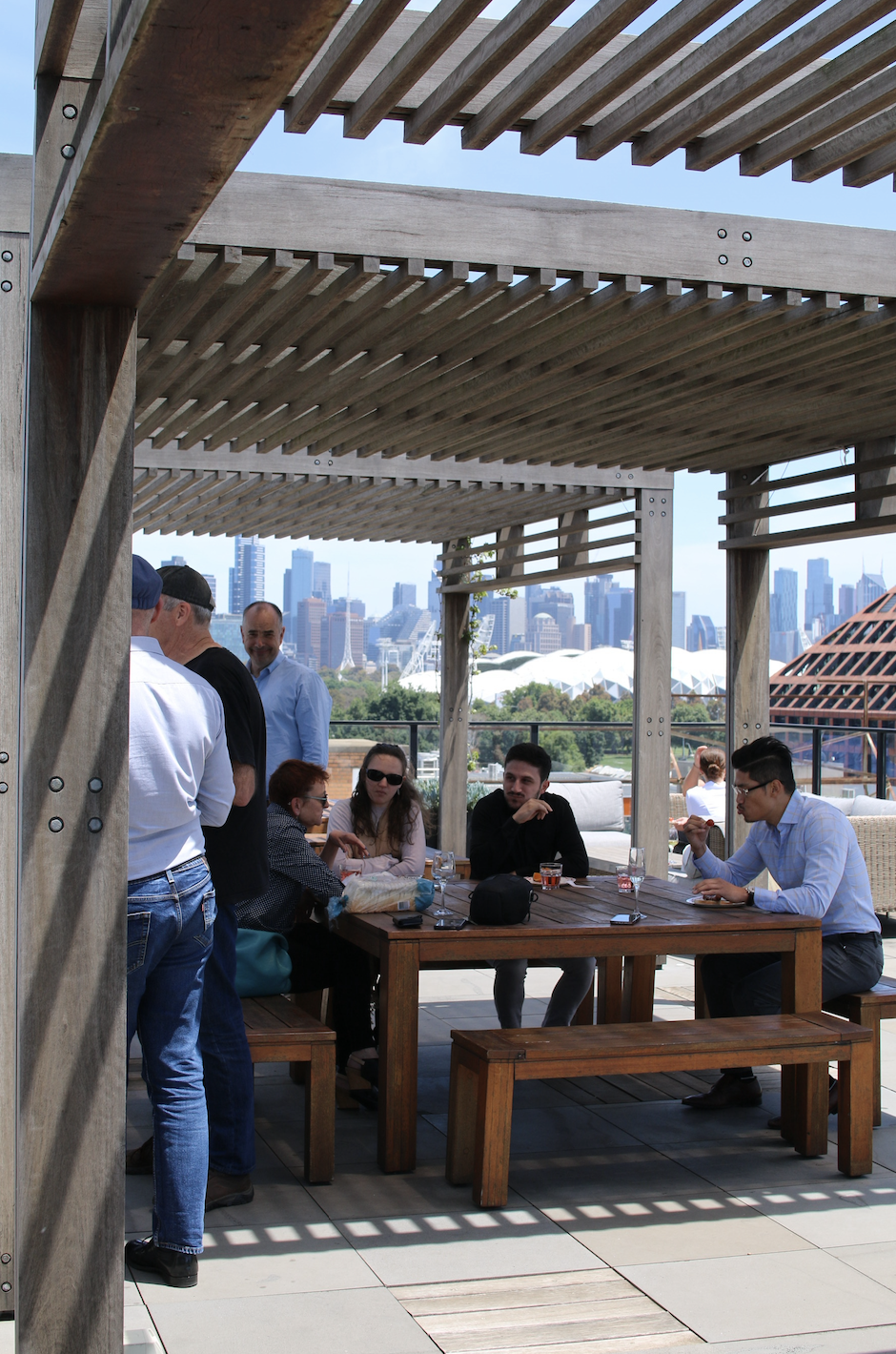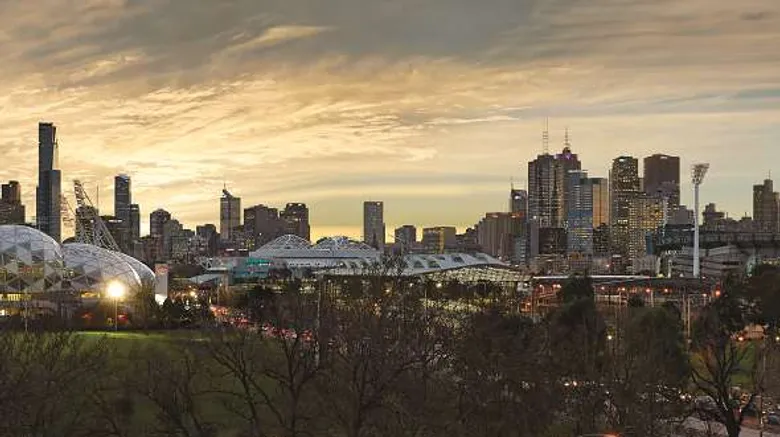Your Melbourne team is resisting the return-to-office push. You've tried mandates, incentives, catered lunches. Nothing's working. Here's the uncomfortable truth: the problem isn't your people. It's where you're asking them to go.
If you're sending employees to a massive corporate coworking space where they're anonymous desk number 347, you're competing with the comfort of home and losing. Because you're not offering what actually makes the commute worthwhile: genuine human connection.
The Psychology You're Fighting Against
British anthropologist Robin Dunbar discovered something that explains your empty desks: the human brain can only maintain meaningful relationships with about 150 people. Above this threshold, the sense of common purpose weakens and people become strangers.
When your team works in a space with thousands of members, meaningful community is mathematically impossible. They're not resisting the office. They're resisting isolation in a crowd.
What Actually Brings People In
Dunbar's research reveals more: smaller groups connect naturally every 12 days, but groups of 150 need to meet every 46 days just to maintain cohesion.
In large coworking spaces, your employees might never encounter the same person twice. There's no Sarah who asks about their project. No Mark who knows their name. No familiar faces that make them feel like they belong.
These repeated interactions are what build psychological safety and make people want to show up. The coffee chat on Tuesday. The quick hello in the corridor.
You can't manufacture that at scale.
The Small Batch Solution
Research shows that family businesses create distinctive cultures that engage employees in ways corporate structures can't replicate. In boutique spaces, people aren't anonymous. They're known.
Large coworking chains need to appeal to everyone to fill thousands of desks. The result? Generic spaces designed to offend no one and delight no one. Your team isn't choosing home over the office. They're choosing genuine connections over sterile transactions.
Think about what you're actually competing with. Home offers comfort, but it also offers isolation. The office should offer what home can't: friendship, community, the social benefit of being around people who know you.
A boutique space changes that equation. Your team isn't commuting to sit among strangers. They're coming to a place where they're recognised, where relationships exist, where there's actual social reward for being present.
Stop Fighting Psychology, Work With It
If you want your Melbourne team to actually want to come in, stop putting them in spaces designed for scale. Put them somewhere designed for humans.
Somewhere under that critical 150-person threshold where genuine friendships form. Somewhere they'll see familiar faces daily. Somewhere run by people who are personally invested in making it work, not following a corporate playbook.
Your team doesn't need access to 500 locations worldwide. They need one great space where showing up feels worthwhile because they're not just another desk.
Want to see what actually gets teams back to the office? Book a tour of collective_100.




.svg)
